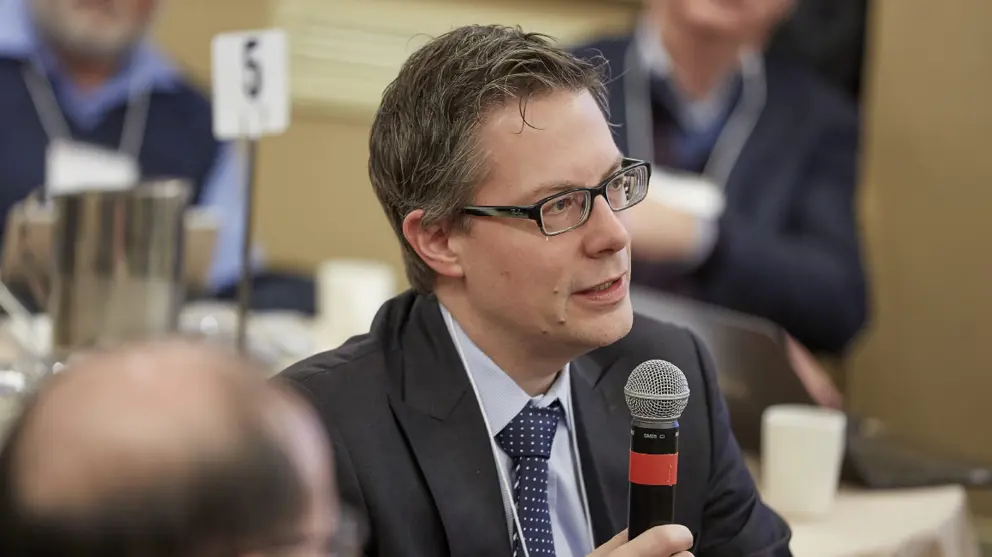Both of Dr. Eric Smith’s grandmothers died of stroke.
“I recall my parents making tough decisions and advocating on their behalf because both of them had strokes that affected their speaking,” says the University of Calgary researcher.
“That was one of the experiences that made me realize how terrible a problem stroke is, and how much more we need to learn and do to help people who’ve been affected by stroke.”
Today Dr. Smith is engaged in a unique study aimed at shedding light on one of the most devastating consequences of stroke: dementia.
Dementia refers to problems with memory and thinking. Mild dementia can limit your ability to drive or do basic math; in its progressed stage, it can prevent you from looking after basic tasks like bathing, dressing and communicating.
About a third of all dementia is related to stroke, and the two diseases share common risk factors. So by preventing stroke, we can reduce our risk for dementia too.
Dr. Smith is focusing on covert strokes – small strokes in the brain that cause only very subtle symptoms. Covert strokes are now considered to be quite common among Canadians, and could be as likely to lead to dementia as large strokes.
“What we’re finding is that covert strokes are actually pretty common in the Canadian population. Up to 20% of people in their 70s can have one or more of these,” explains Dr. Smith.
”My research is defining this problem so that we can identify the extent to which covert strokes are predicting problems with memory and thinking, or to the risk of large strokes – or dementia. It’s the first step to developing prevention strategies and treatments for this condition.”
Dr. Smith’s PURE-MIND study is the first to focus on this area in Canada, and also among the first to look at covert strokes not just in people in their 70s and 80s, but in people aged late 30s, 40s, and 50s.
The study, supported by Heart & Stroke Foundation donors, is looking at 1,500 people aged 40 to 75. The researchers use brain scans to look for evidence that someone has had a covert stroke. Matching that information with memory tests at three-year intervals, Dr. Smith hopes to identify people in midlife who might be at risk in later life for memory and thinking problems, or dementia.
By figuring out who is at risk of dementia, Dr. Smith hopes we can do more to prevent it, through lifestyle changes and medication.
“It’s more than a coincidence that my career is in stroke research,” he says. “My family history with my grandmothers is one of the things that made me want to go into medicine for stroke, to try to help people and help other families hopefully not experience those kind of tragedies.”
- See our report on heart-brain-mind links.
- Learn more about stroke and dementia.
